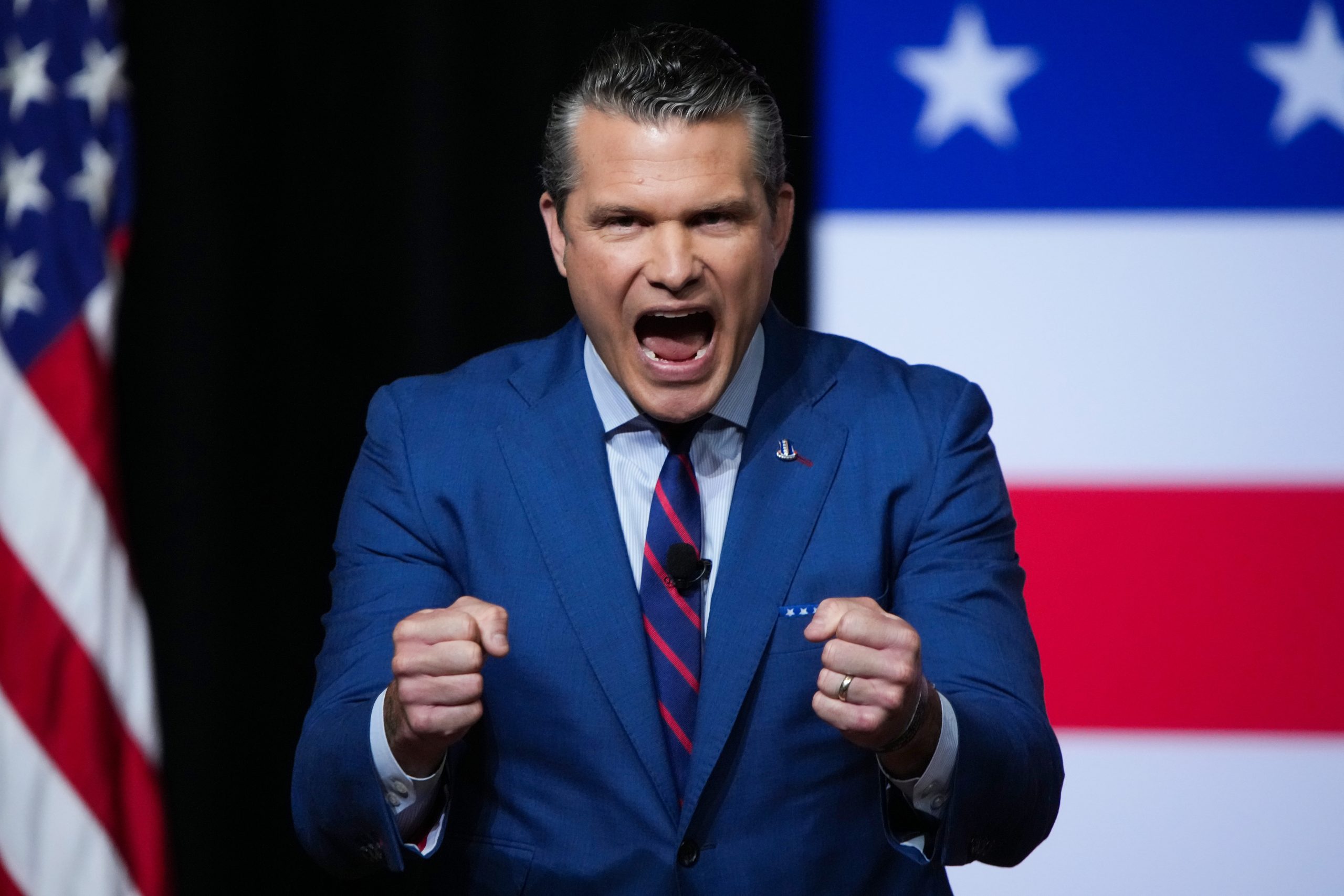Trump Floats Military Deployment in US Cities: A Shocking Proposal
A recent gathering of top military brass at Marine Corps Base Quantico morphed into a scene of unexpected political theater, sparking both confusion and concern. Instead of the anticipated policy announcements, the event became a platform for President Trump to propose deploying the military within U.S. cities, raising questions about the role of the armed forces and the separation of civilian and military power.
From Policy to Politics: A Speech at Quantico
Defense Secretary Pete Hegseth’s summons of roughly 800 senior military officers to Quantico fueled intense speculation. Whispers of sweeping personnel changes, dramatic shifts in global strategy, and even potential declarations of war filled the air. However, the gathering took an unexpected turn when President Trump arrived to deliver a speech reminiscent of his campaign rallies. While the assembled officers anticipated serious policy discussion, they were instead treated to a familiar litany of boasts and grievances. The President then dropped a bombshell: he suggested using American cities, specifically mentioning Chicago and San Francisco, as training grounds for the U.S. military. “I told Pete we should use some of these dangerous cities as training grounds for our military, National Guard, but military, cause we’re going into Chicago very soon,” Trump declared.
Unprecedented Proposal and Its Implications
The notion of deploying the military in U.S. cities, absent extraordinary circumstances like natural disasters or insurrections, is highly unusual and potentially unlawful. The Posse Comitatus Act generally prohibits the use of the U.S. military for domestic law enforcement purposes. Trump’s remarks raise concerns about the potential militarization of domestic policing and the erosion of the traditional boundaries between the military and civilian spheres. While the President framed the proposal as a solution to urban crime, critics argue it represents an overreach of executive power and a dangerous blurring of lines. The proposal also sparked debate about the appropriateness of using military resources for purposes outside of national defense.
A Questionable Justification
Hegseth followed Trump’s speech with a speech of his own, focused on restoring the military… While the President’s intentions remain unclear, the proposal has sparked a wave of criticism. Some see it as a cynical attempt to score political points by appealing to voters concerned about crime. Others fear it represents a genuine desire to expand executive power and undermine democratic norms. Regardless of the motivation, the President’s suggestion has raised profound questions about the role of the military in American society and the future of civil-military relations.
Based on materials: Vox





